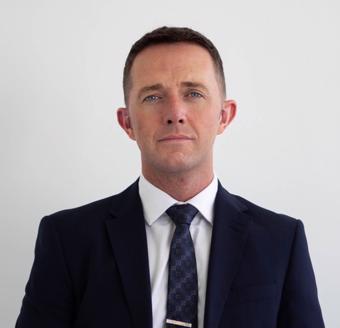We speak to Peter Stewart about some of the legal issues surrounding the alleged off-field criminal behaviour of Australia’s National Rugby League players
What incidents has the NRL seen recently and what action has been taken?
Multiple NRL players have recently been charged with an array of criminal acts including rape, sexual assault, domestic violence, public nuisance, driving under the influence and obscene exposure. As a result of this avalanche of incidents, the NRL has introduced a ‘no-fault stand down rule’, which provides that a player charged with a criminal offence carrying a prison sentence of 11 years or more will automatically be suspended until the completion of the criminal process. The aim of the rule change is to clean up a sport which has a toxic reputation in the Australian public eye.
What happens to players affected by the rule?
Once charged with an offence falling under the rule, a player is immediately suspended until the conclusion of the criminal proceedings. The player is still paid their salary and allowed to train with their NRL team, but they cannot participate in matches.
Is the NRL striking the right balance?
The NRL has been faced with a real dilemma. On the one hand, it needs to take firm and swift action to improve the culture of the sport. If players are found to be guilty of the offences committed, they will rightly be punished severely and the suspension will be shown to have been justified. On the other hand, it does not want to be seen to be usurping the role of the courts by punishing a player before a finding of innocence or guilt.
In reality, the rule sits uneasily with the presumption of innocence, despite the NRL’s protestations to the contrary. There is no substitute for game-time in the short career of a rugby league player and, given that the criminal process in certain cases could take up to 18 months, there is little doubt that the rule will have a significant impact on the careers of players if they are found by the court to be innocent. Equally, the reputational damage to players affected by the rule will be significant. At the beginning of the season, the players to be affected by the rule were described on popular TV analysis programme as “the rat-bags who have just destroyed the off season”.
In truth, the NRL has made a policy decision that the means, namely punishing a player who may or may not be guilty, justify the end of cleaning up the game. The success of the rule may ultimately depend on the outcome of the criminal cases. For example, if the first five players stood down are all found to be innocent and collectively miss five years of NRL game time, the clamours for repeal of the rule would be overwhelming.
Are players challenging the lawfulness of the rule change?
The first player affected by the rule, Jack de Belin, is challenging its lawfulness in the Australian courts. He has instigated proceedings in the Federal Court in Sydney and the Rugby League Players Association has said that it will back any members who follow suit.
Would a similar rule be lawful in England and Wales?
In England and Wales, the court has an inherent supervisory jurisdiction to intercede where a governing body has made a decision which is (i) contrary to natural justice or procedurally unfair (ii) unreasonable in the sense of being irrational, perverse, arbitrary of capricious or (iii) unlawful or outside of its powers.
Had the NRL’s decision come before the courts of England and Wales, it is not difficult to imagine how players affected by “no-fault stand down” might have sought to rely on any or all of the grounds for challenge identified above.
There are serious questions about the procedural fairness of introducing a career-altering policy with retrospective effect. Furthermore, it might also be said that a blanket suspension triggered by charges alone is arbitrary to the point of being irrational. In the circumstances, the reasonableness of mechanistically banning players based on the fact of charges alone is not beyond doubt.
* Will Harman, Barrister at 4 New Square, also contributed to this interview









